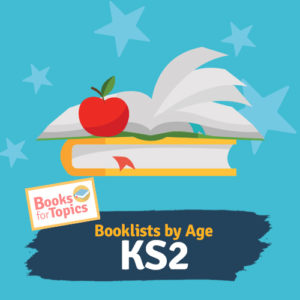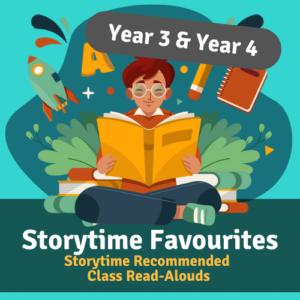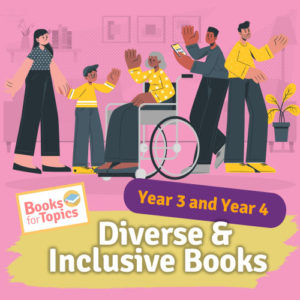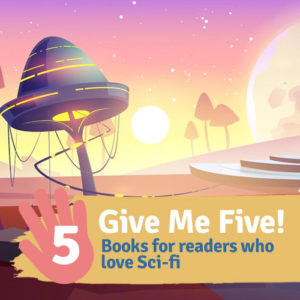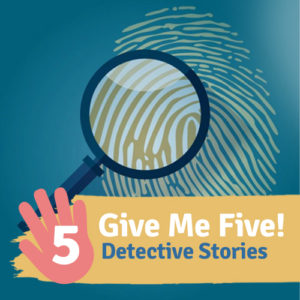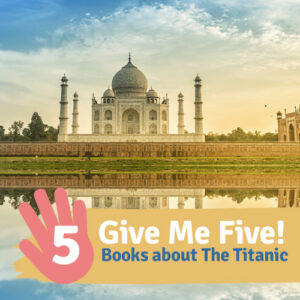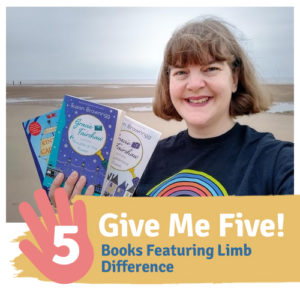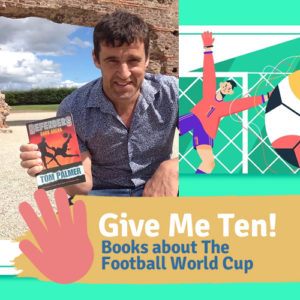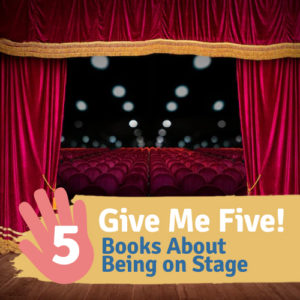Booklists for Children in Key Stage 2
In educational settings in England and Wales, Key Stage 2 (KS2) usually refers to children in school Years 3, 4, 5 and 6 (ages 7-11).
Our selection of recommended booklists for children in KS2 covers everything from storytime favourites and top graphic novels to popular curriculum topics like the Romans, Rocks & Soils and Space.
Browse our Reading for Pleasure recommended read lists or curriculum booklists to find the very best books for children in KS2 to enjoy at home or in the classroom.







